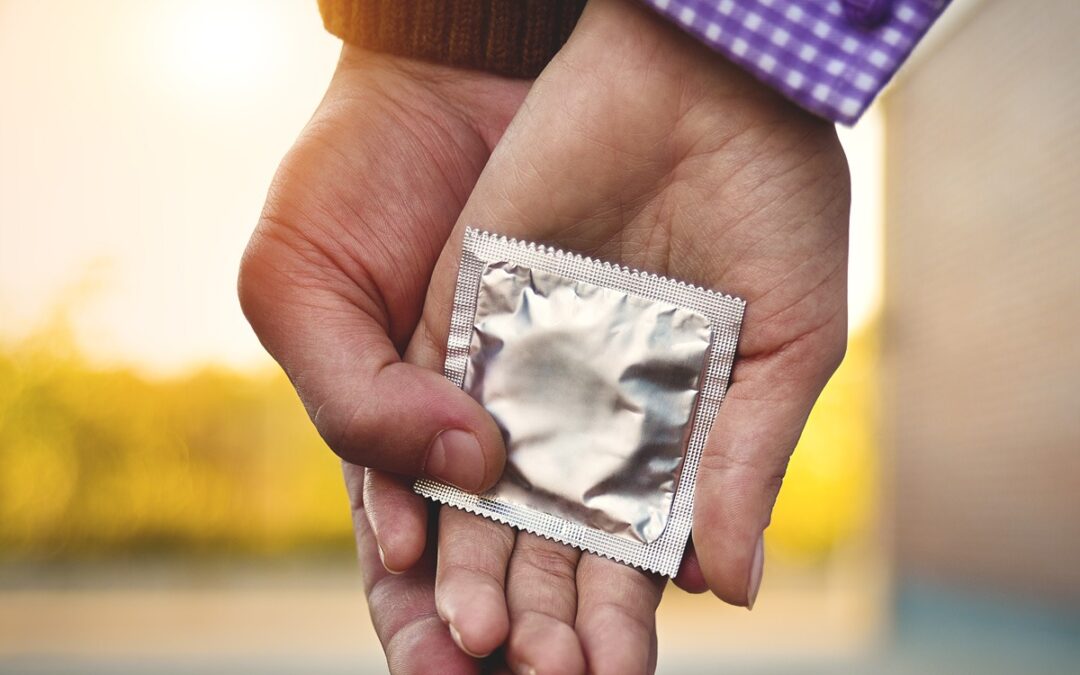Gay male relationships are often imagined to be violence-free based on the assumption that a man can not be the victim of intimate partner abuse from another man. In recent years, South Africa has received attention for its high rates of intimate partner violence (IPV)—commonly believed to exist only in heterosexual relationships. However, studies suggest that the rates of IPV suffered by men who have sex with men (MSM) are disproportionately high. Yet many studies of IPV in queer relationships lack nuances about the complexities of violence that is both gendered and sexualised, and need to take the sexual orientation of both victim and perpetrator into account.
Therefore existing evidence is insufficient to inform the kinds of multi-faceted responses we should be implementing to address gender based violence in South Africa. In an attempt to unpack some of these complexities, I spoke to two gay men who experienced different forms of intimate partner violence in order to get a sense of their personal experiences and how those related to being gay in a heterosexist South Africa where homosexuality is still widely stigmatised. I approached the interviewees through being part of the same social community. Both interviewees were gathered on condition of anonymity and anything the interviewees did not want to be in the article was removed.
Matthew (pseudonym) was in a committed two-year relationship before the couple decided to engage in an ‘open relationship’ because Matthew had moved out of Johannesburg for work. The couple promised each other to take part in safe-sex practices with other people to protect themselves from STIs. “When we were together we wouldn’t speak about what we’d done with the people we were with,” says Matthew. Near the end of the relationship, Matthew and his partner were both diagnosed with HIV, a diagnosis that would end the relationship. “Neither of us admitted to the other whose fault it was,” Matthew tells me.
Matthew’s story speaks to the kinds of violence inflicted on oneself and one’s partner when gay men enter into ‘open relationships’ without an adequate level of trust and open communication between partners. It also shows how safe-sex practices inside ‘open relationships’ are an issue for couples who do not identify with monogamy. Moodley observes that IPV can occur outside of monogamy in casual, open or polyamorous relationships and that to assume IPV only occurs in heterosexual, monogamous relationships erases other forms of intimate relations that individuals and couples – including gay male couples – get involved in.
Furthermore, the stigmatisation of an HIV diagnosis carries its own form of violence especially for gay men who, in popular culture, are more readily associated with HIV. Matthew’s story relays how vital it is for couples in non-monogamous relationships to speak honestly about their sexual practices with others in order to avoid psychological and emotional violence inflicted on themselves and their partners.
Sipho (pseudonym), a 35 year-old man from Fourways, agrees that abuse in gay male relationships is not spoken about enough. “People don’t want others to know that violence happens in gay relationships… it’s already such a taboo to be gay, so to speak about violence is even harder.” Sipho refers to what researchers call minority stress where “the vulnerability [felt] by [gay men] experiencing partner violence [is] exacerbated by the stress experienced […] from [the] social stigmatisation [of the minority group]” . Sipho experienced physical and emotional violence from a partner he was engaged to marry. “There were red flags before we got engaged. He was the jealous type and very insecure.” says Sipho. After the couple got engaged, Sipho’s partner became more controlling and would often rehash old arguments with him while drunk. “The first time anything physical happened was when he burnt me with a cigarette […] and then it started getting worse.”
In the last three months of their relationship, Sipho describes incidents where his partner locked him inside their house and later beat him to the extent that he had to receive stitches to his right nostril and attention to bruises on his neck. “I couldn’t go to work after that […] You forget how much of yourself you give up to stay in such a relationship.” Luckily, Sipho had a support system of friends and family who helped him to start a new life after he left his partner, but many gay men aren’t as lucky.
From my interviews with Matthew and Sipho, it’s clear there are many versions of violence in gay male relationships and that sometimes violence can stem from unsafe sex practices and feelings of vulnerability.
Cultural stereotypes of gay male promiscuity add further pressure to an already taboo relationship and, as a result of minority stress, gay men experience compounded layers of pressure to make their relationships work. Such pressure, in a heterosexist society, can sometimes lead to one partner asserting dominance over the other in an effort to feel safe in a relationship and to perform his masculinity in dominant – and sometimes toxic – ways.
A healthy gay male relationship – like any healthy intimate partnership – is not based on unequal gendered power dynamics (e.g. who is more masculine or feminine or who is top or bottom), but on a mutual respect for one another’s holistic well-being and the understanding that choosing to enact violence upon an intimate partner only breeds fear and not love.
Afterword
Stephenson et al. find that gay men who experience homophobia are socially isolated and more likely to stay in abusive relationships because they have limited support systems outside of that relationship. There are a number of organisations in South Africa that offer support and counselling to LGBT people, including intimate partnerships – for example OUT-LGBT Well Being, The Triangle Project and The Pride Shelter Trust.
About the Author
Jarred Thompson is a queer, male, Johannesburg-based, South African writer whose fiction publications include The Johannesburg Review of Books, ImageOutWrite (2018), and The Heart of The Matter (2019), among others. His short story ‘Changing I’s’ was shortlisted for the Commonwealth Short Story Prize and his poetry and fiction have been shortlisted for the 2019 Gerald Kraak Award and Anthology (2019). He has also completed his Masters in English at the University of Johannesburg.


Recent Comments